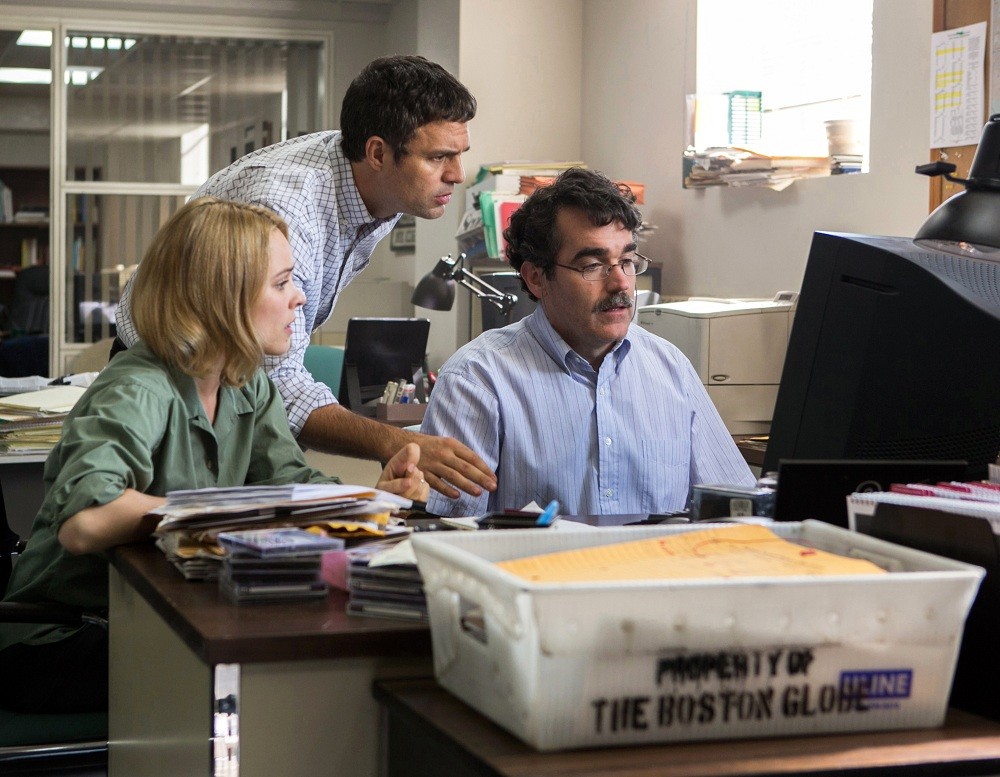Popular Reads
Top Results
Can't find what you're looking for?
View all search resultsPopular Reads
Top Results
Can't find what you're looking for?
View all search resultsUnderinvested, investigative journalism rely on collaboration
2016 saw the release of the Panama Papers, the biggest leak in journalism history. The flood of headlines on the Panama Papers and the Oscar winning movie ‘Spotlight’ put public attention on a relatively neglected branch of journalism, investigative journalism
Change text size
Gift Premium Articles
to Anyone
2016 saw the release of the Panama Papers, the biggest leak in journalism history. The flood of headlines on the Panama Papers and the Oscar winning movie ‘Spotlight’ put public attention on a relatively neglected branch of journalism, investigative journalism.
Investigative reporting in the 21st century was a theme of a panel discussion during the second day of the 2016 Jakarta World Forum for Media Development on Wednesday.
A report by BBC found that independent media remains the most successful way to combat corruption, with investigative journalism giving a big contribution to the success.
Executive director at the Global Investigative Journalism Network (GIJN) David Kaplan said, “It’s a very exciting time for us. Unfortunately, not enough investment is given to investigative journalism."
Kaplan was referring to a study by GIJN published in March 2016, which found that funds for media freedom and freedom of information at an estimated $65.4 million only amounted to 0.1 percent of total US foreign assistance in 2015. Investigative journalism made up 2 percent of that 0.1 percent, “a fraction of a fraction,” concluded the report.
In the end, journalists must rely on collaboration to do their work, he said.
A key player behind the Panama Papers, Hamish Boland-Rudder of the International Consortium of Investigative Journalists (ICIJ) said that collaborative journalism boosts efficiency by pooling resources.
Furthermore, the diversity on the team contributes to a lot of local knowledge and creates a larger narrative, which “helps readers understand how the stories impact the whole world.”
“Those who were killed in investigative journalism are just as numerous as those who were killed in reporting war,” said vice president of programs at the International Center for Journalists Patrick Butler. Collaborative journalism helps minimize those risks, argued Sarajevo-based investigative journalist Miranda Patrucic. “Many people working on the same story gives you a better security,” she said.
Meanwhile, Indonesia's Tempo magazine managing editor Wahyu Dhyatmika, the only Indonesian partner in the Panama Papers project, stated that collaborative journalism helps give more visibility.
He mentioned that Tempo had done the same story as the Pulitzer-winning Associated Press on slavery in the fishing industry, “but no one notices.”
He commented that investigative journalism in Indonesia “still needs a lot of support and innovative ideas.”
Tempo is among the few news organizations committed to investigative journalism. Moreover, it has a special team for that. “That kind of landscape is quite a challenge in seeing more investigative journalism in Indonesia, although we need more,” said Wahyu.
Furthermore, there are difficulties in getting these stories published due to conflicting commercial interests. “We need non-profit organizations that can publish more investigative stories,” said Wahyu. (dmr)










